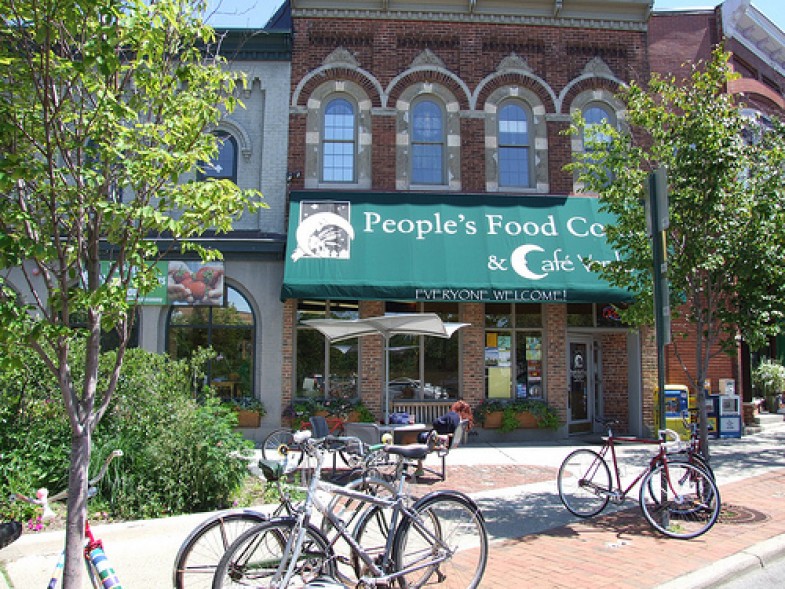While a great many commons seek to develop alternatives to conventional businesses – and even to bypass markets altogether – the struggle to democratize capital should not be lost in the shuffle. Popular ownership of capital assets and business enterprises is still a great strategy for building the commons and advancing the public good. Fortunately, there’s a growing enthusiasm for this approach.
One of the most eloquent advocates for socially friendly forms of capital ownership – the French call it the “social economy” – is Gar Alperovitz, a historian and political economist at the University of Maryland and a founder of the Democracy Collaborative. Alperovitz’s book, America Beyond Capitalism, showcased the history and great potential of co-ops, worker-owned companies, and urban land trusts. He also notes the constructive role that is played by municipal utilities, state-owned banks like that in North Dakota and state-chartered trusts such as the Alaska Permanent Fund. There are also dozens of cases in which states use their investment dollars to help communities, use government procurement to help worker-owned businesses, and provide venture capital to startups.
These alternatives to traditional capitalist models are actually flourishing, Alperovitz notes: “We may be moving toward a hybrid system, something different from both traditional capitalism and socialism, without anyone even noticing. Some 130 million Americans, for example, now participate in the ownership of co-op businesses and credit unions. More than 13 million Americans have become worker-owners of more than 11,000 employee-owned companies, six million more than belong to private-sector unions.”
The great virtue of Alperovtiz’s hybrid “wealth building” models is that they “challenge dominant ideologies which hold that private corporate enterprise offers the only possible way forward; and they help open new ways of conceptualizing practical approaches to meaningful larger scale democratization.”
Alperovitz has focused a lot of his energies on Cleveland, where there are a variety of worker-owned businesses. Perhaps the most notable is the Evergreen Coop, which consists of a “green” institutional laundry, a solar-panel installation coop and hydroponic agriculture businesses. The details of these and other stories add up to a refreshing approach to economic and community development.
So long as the national debate is locked into the old categories of “capitalism” vs. “socialism” — as if they were the only choices, and as if each were a monolithic creature — we will be stuck in a ditch, unable to bring about any systemic change. But if we can begin to see how a diverse array of community-based business models are succeeding, we may just glimpse a productive path forward.
David Bollier, the founding editor of On The Commons, thinks and writes about the commons at Bollier.org , where this post originally appeared under a Creative Commons Attribution license. Bollier’s commons activism is focused on The Commons Law Project and “The Commons Strategy Group”:http://www.bollier.org/commons-law-project





